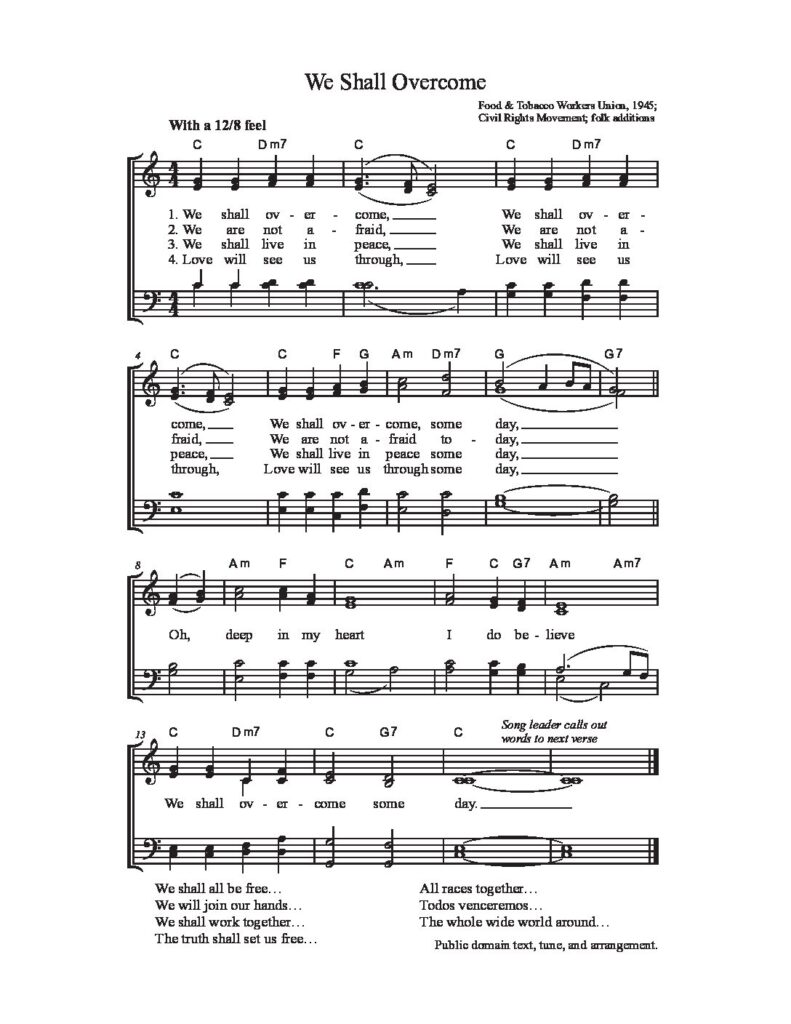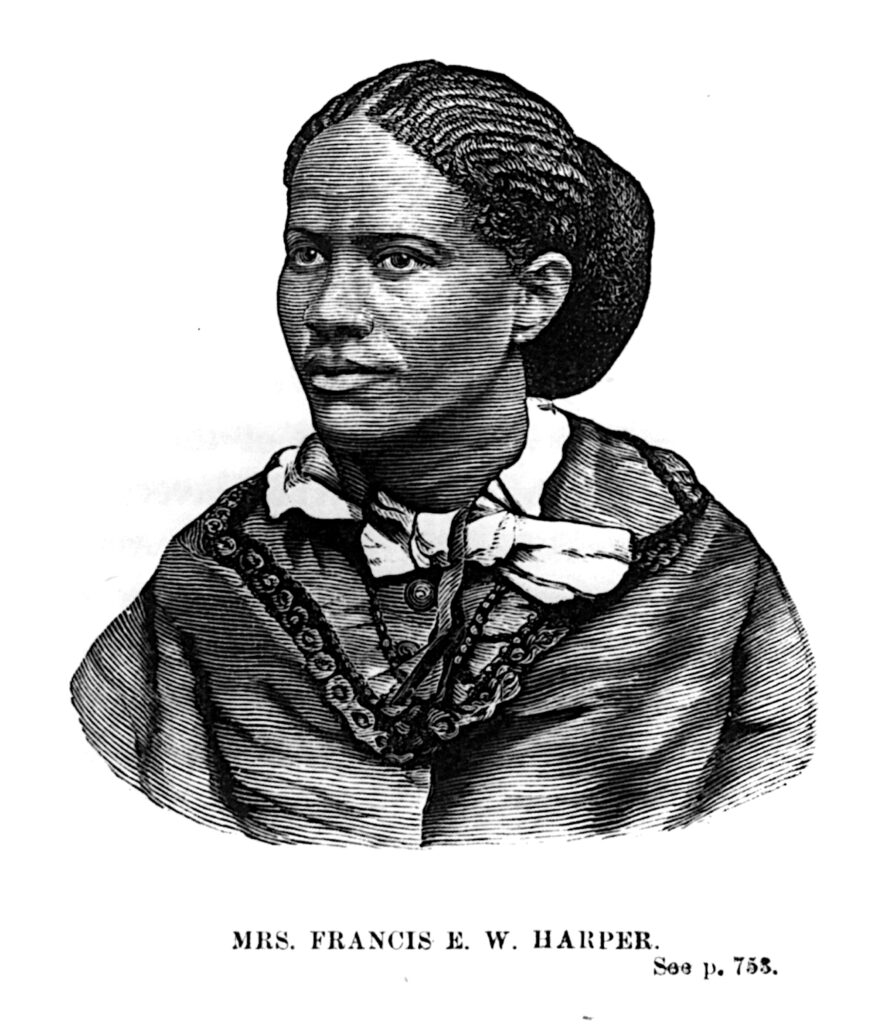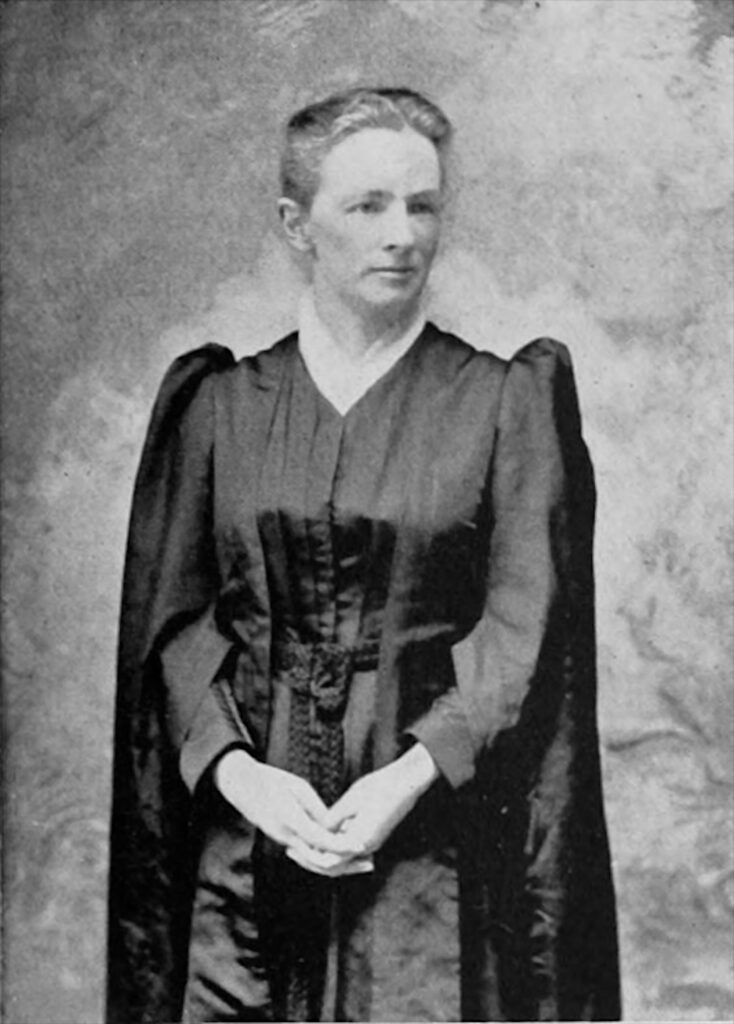I’m watching the case rates in Santa Clara County, where the Palo Alto congregation is located. The 7-day rolling average is over 4,000 — yikes, that’s high. On the other hand, preliminary figures for mortality seem to show a low death rate — probably due in part to the fact that 82.8% of county residents have been fully vaccinated (thought only 58.2% of eligible residents have received boosters). But on the other other hand (that’s three hands, if you’re keeping track), anecdotal evidence from health care professionals says that ICU beds are getting full again, and elective surgeries and procedures that require an overnight stay in the hospital are being postponed.
Obviously, this is not where we hoped to be. But rather than feeling discouraged, I suggest we consider this as another problem in planning. So, how do we plan for next steps in our congregations?
First, just to say the obvious — any plan we make has to be flexible, to account for changing circumstances.
Second, to say something else that’s obvious — we’ve discovered that the big thing that draws many people to UU congregations is the community. Sure, we like the theology, but the big draw is a chance to be a part of a community with shared values. And many people want to get a regular dose of UU community in person.
Third, something else that’s obvious — we’re gaining a pretty good sense of what’s safest, and less safe. It’s safest to do in-person gatherings that are outdoors, distanced (or small groups), and masked. It’s less safe to do indoors events, but some indoors events are still possible in some circumstances. Instead of saying, “Oh we can’t do what we used to do, waaah!” we probably need to start saying, “Gee, what are our present options for fun and engaging communal events?”
So here’s one obvious thing I believe we should be doing: we should be planning outdoors events. Whatever that might be: outdoors worship services, outdoors small group meetings, outdoors classes. (And I know what those of you are going to say who live where winters are really cold — you’re going to say this doesn’t apply to you. Well, my-sister-the-children’s-librarian, who lives and works in Massachusetts, is doing outdoors story time for kids in the winter; sure, her attendance is lower, but people still show up.) It’s true that not everyone in your congregation is going to come to outdoors events, but I suspect enough people are hungry for in-person interaction that it’s worth doing.
Another thing I believe we have to do: start planning like COVID is not going away. I would love it if COVID suddenly decided to go away next month. But it now looks like there’s a good chance that COVID is going to become endemic. If it has become endemic, then we’re going to have to learn to live with it. So maybe we should start thinking about one or more of the following: requiring proof of vaccination; think about shorter indoor worship services (e.g., 45 min., to limit time spent indoors); adding more worship services (so you can have more smaller indoors services); creating permanent spaces for outdoor programs where possible; improving ventilation in indoor spaces; and/or many other things.
Another obvious thing we should do: for our online offerings, keep improving community interaction. I’ve been noticing that many people are getting better at participating in online events — video conferencing is a learned skill. Similarly, I believe many of us are getting better at facilitating online communal interactions. In my own case, I’ve become much better at teaching online, and at facilitating online meetings — again, these are learned skills. As we continue to get better at participating in and leading online events, one of our goals should be improving community interaction.
One final thing I believe we should be doing: we should go easy on ourselves. Yes, the pandemic is probably going to kill off some UU congregations; but if you start thinking that way, you’re liable to either get tense and stressed out, or sad and filled with grief, neither of which is going to help keep your congregation going. Of course, getting overwhelmed and doing nothing is also not helpful; my point here is that we do need to do something, we just don’t need to be overachievers. My primary rule for congregational life has always been: if it’s not fun, let’s not do it. This still holds true during the pandemic!
I’m actually feeling pretty positive about congregational life in the immediate future. Yes it’s different from what I’m used to, and yes it’s hard to let go of a lifetime of past expectations, and yes change is annoying and difficult. But new possibilities are opening up, and I’m actually feeling quite positive about the future of our congregations.



